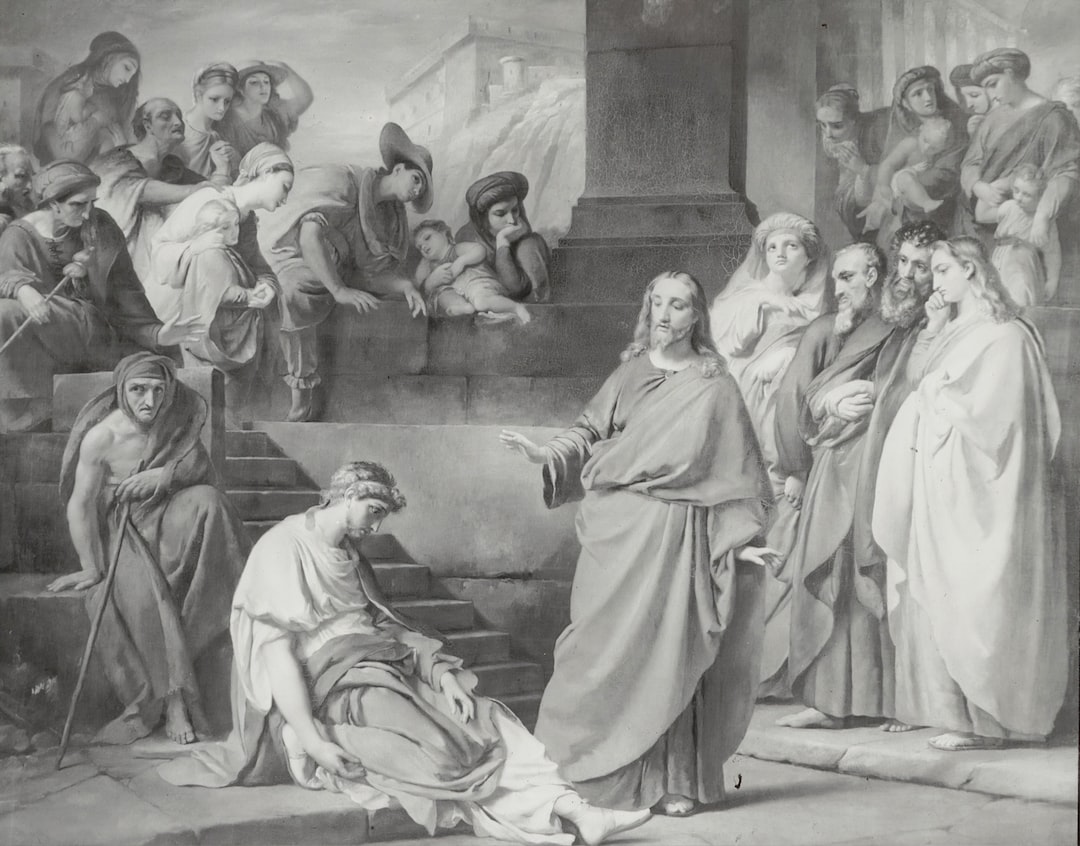Religion and social justice, two very important aspects of a society, have intersected in various ways. Social justice emphasizes the fair distribution of resources and opportunities, the betterment of the conditions of underprivileged individuals and communities, and the elimination of discrimination, biases, and prejudices. Religious teachings and practices, on the other hand, emphasize compassion, morality, and the pursuit of justice. While there have been conflicts between religious institutions and social justice movements in the past, today, the intersection of religion and social justice is more harmonious, and religions are increasingly becoming involved in social justice issues.
One example of the intersection of religion and social justice is the civil rights movement. In the 1950s and 1960s, a significant number of faith leaders, including Martin Luther King Jr., were deeply involved in the civil rights movement. King was a Baptist minister whose advocacy for non-violent resistance to racism was strongly influenced by Jesus Christ’s teachings of love, forgiveness, and compassion. The civil rights movement aimed to eliminate institutionalized racism, segregation, and discrimination based on race. It sought to create a society where all people are treated equally and given equal opportunities. The involvement of religious leaders in this movement helped shape a morally grounded argument for social justice while also giving a spiritual context for the struggle for equality.
Many religious individuals and groups today continue to be involved in social justice movements. For example, the Catholic Church has been actively advocating for racial justice, immigration reform, and climate change action. Pope Francis has become a vocal critic of global economic inequality, calling for a more just world where resources are distributed more equitably. Similarly, many Jewish synagogues and organizations have worked extensively on immigrant rights, refugee resettlement, and criminal justice reform.
Another example of the intersection of religion and social justice comes from Islam, which emphasizes the importance of social justice in its teachings. One of the pillars of Islam is Zakat, which requires individuals to donate a percentage of their wealth to the poor. This religious duty promotes wealth distribution, eradicates poverty, and fosters compassion and solidarity among people. Muslim organizations and individuals have been active in advocating for refugee rights, climate justice, and combating Islamophobia.
Overall, the intersection of religion and social justice has had a significant impact on society, shaping social policies, and amplifying the voices of marginalized communities. Religious institutions and individuals have inspired and led social justice movements, thereby playing a central role in creating a more equitable and just society. Although there have been instances of conflict between religion and social justice in the past, the present time witnesses many faith leaders and communities engaging with social justice movements as their religious duty. In doing so, they promote the values of compassion, compassion, and justice that are at the core of their religious beliefs, and contribute to the creation of a more just and peaceful society.

